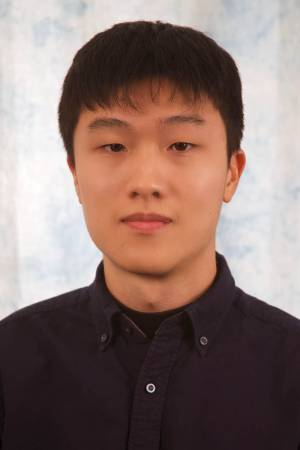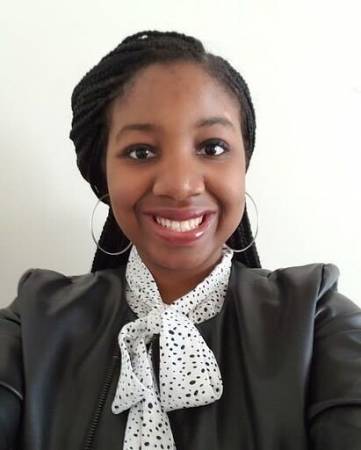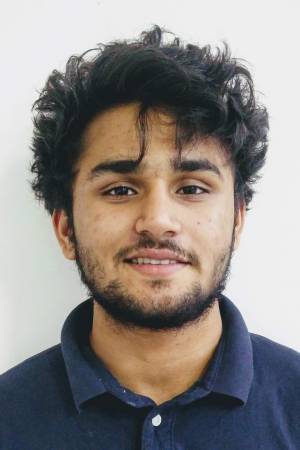In Pursuit of Open-World Mobile Manipulation
Abstract: Deploying robots in open-ended unstructured environments such as homes has been a long-standing research problem. However, robots are often studied only in closed-off lab settings, and prior mobile manipulation work is restricted to pick-move-place, which is arguably just the tip of the iceberg in this area. In this thesis, we introduce the Open-World Mobile [...]
Carnegie Mellon University
Geometric Heuristics Enhance POCUS AI for Pneumothorax
Abstract: The interpretation of Point-of-care ultrasound (POCUS) images poses a challenge due to the scarcity of high-quality labelled data for training AI models in the medical domain. To address this limitation, novel methodologies were developed to train POCUS AI models using limited data, integrating geometric heuristics derived from expert clinicians. Focused on diagnosing pneumothorax, heuristics [...]
Optimal Control and Robot Learning on Agile Safety-Critical Systems
Abstract: We present a pipeline of optimal control methods for learning an optimal control policy and locally accurate dynamics models for agile and safety-critical robots using autonomous racing as an application example. We introduce Spline-Opt, a fast offline/online optimization and planning method that can produce a reasonably good initial optimal trajectory given very little dynamics [...]
Vision Model Diagnosis and Improvement Via Large Pretrained Models
Abstract: As AI becomes increasingly pervasive in real-world applications, the deployment of machine learning models in real-world applications has underscored critical challenges in model robustness, fairness and performance. Despite significant advances, existing models often exhibit biases, fail to generalize across diverse data distributions, and struggle with unexpected input variations, leading to suboptimal or even discrimina- [...]
Beyond Robot Safety: Adaptability and Interactivity
Abstract: The deployment of autonomous robots in various areas, including transportation and human-robot collaboration, requires strong safety measures for effective interaction with the physical world. Traditional safe control algorithms work well in controlled settings but struggle to adapt to more interactive and unpredictable real-world scenarios. This thesis emphasizes the need to explore beyond traditional robot [...]
RI Faculty Business Meeting
Meeting for RI Faculty. Discussions include various department topics, policies, and procedures. Generally meets weekly.
Indoor Localization and Mapping with 4D mmWave Imaging Radar
Abstract: State estimation is a crucial component for the successful implementation of robotic systems, relying on sensors such as cameras, LiDAR, and IMUs. However, in real-world scenarios, the performance of these sensors is degraded by challenging environments, e.g. adverse weather conditions and low-light scenarios. The emerging 4D imaging radar technology is capable of providing robust perception in adverse conditions. [...]
PIE-FRIDA: Personalized Interactive Emotion-Guided Collaborative Human-Robot Art Creation
Abstract: The introduction of generative AI has brought about many improvements in the artistic world. It allows many individuals to create artwork via simple descriptive text prompts. This has, in particular, created an avenue for non-artistic individuals to express their thoughts through generated art. Our work focuses on how emotion can be added as an [...]
Where’s RobotGPT?
Abstract: The last years have seen astonishing progress in the capabilities of generative AI techniques, particularly in the areas of language and visual understanding and generation. Key to the success of these models are the use of image and text data sets of unprecedented scale along with models that are able to digest such large [...]
Spectral Mapping using Simple Sensors
Abstract: Spectral mapping holds significant importance in many exploration endeavors as it facilitates a deeper comprehension of material composition within a surveyed area. While imaging spectrometers excel in recording reflectance spectra into spectral maps, their large physical footprint, substantial power requirements, and operational intricacies render them unsuitable for integration into small rovers or resource-constrained missions. [...]
Neural Field Representations of Mobile Computational Photography
Abstract: Burst imaging pipelines allow cellphones to compensate for less-than-ideal optical and sensor hardware by computationally merging multiple lower-quality images into a single high-quality output. The main challenge for these pipelines is compensating for pixel motion, estimating how to align and merge measurements across time while the user's natural hand tremor involuntarily shakes the camera. In [...]
Simulated Encounters of the Third Kind: Scenario-Based Approach to Designing Guide Robots
Abstract: Navigating through unfamiliar environments is a challenging task. For people who are blind or have low vision (BLV), navigation can be particularly daunting. Guide robots are a type of service robot that can assist BLV people with navigation tasks. A significant amount of research related to guide robots has focused on technical contributions, while a [...]
Composing Generative and Discriminative Models for Better Generalization
Abstract: Computer Vision is Correspondence, correspondence, correspondence! Inspite of the singular definition of computer vision, we still have two broad categories of approaches in the literature. Generative Models, like Stable Diffusion, learn a correspondence between image and text modality, while learning a mapping from text to image. Discriminative Models, like CLIP, on the other hand [...]











